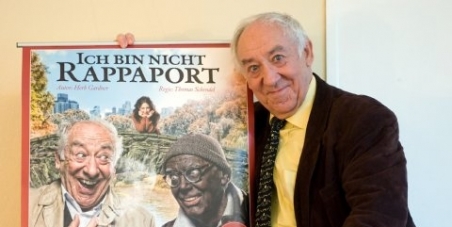The Mischling Experience in Oral HistoryPosted in Articles, Europe, History, Media Archive on 2012-11-25 00:00Z by Steven |
The Mischling Experience in Oral History
The Oral History Review
Volume 35, Issue 2 (2008)
pages 139-158
DOI: 10.1093/ohr/ohn025
Peter Monteath, Associate Professor of History
Flinders University, Adelaide, Australia
This paper examines the usefulness of oral history in dealing with the fate of the so-called Mischlinge in Nazi Germany; that is, people categorized by the authorities as being of “mixed race.” It argues that oral history provides an invaluable supplement to the written, official record. The latter is by its nature a view “from above” and from the perpetrators; it generally excludes the perspective of the victims of Nazi racial policy. Moreover, as an overview of the treatment of Mischlinge demonstrates, there were stark discrepancies between policy and practice which are difficult to comprehend on the basis of the written record alone, but which are well exemplified through a study of individual experiences. The paper uses several examples of such experiences collected from three separate video testimony repositories to analyze the nature of those experiences, detecting discrepancies between official policy and practice and observing the considerable variations in the nature and harshness of those experiences. Finally, the oral history record is found to be invaluable in tracing some of the longer-term consequences of the Third Reich for surviving Mischlinge, especially in terms of their constructions of identity and the ways in which, for the period after the Second World War, they dealt with the ascribed identities which had so heavily impacted them in their early years.
Read or purchase the article here.



